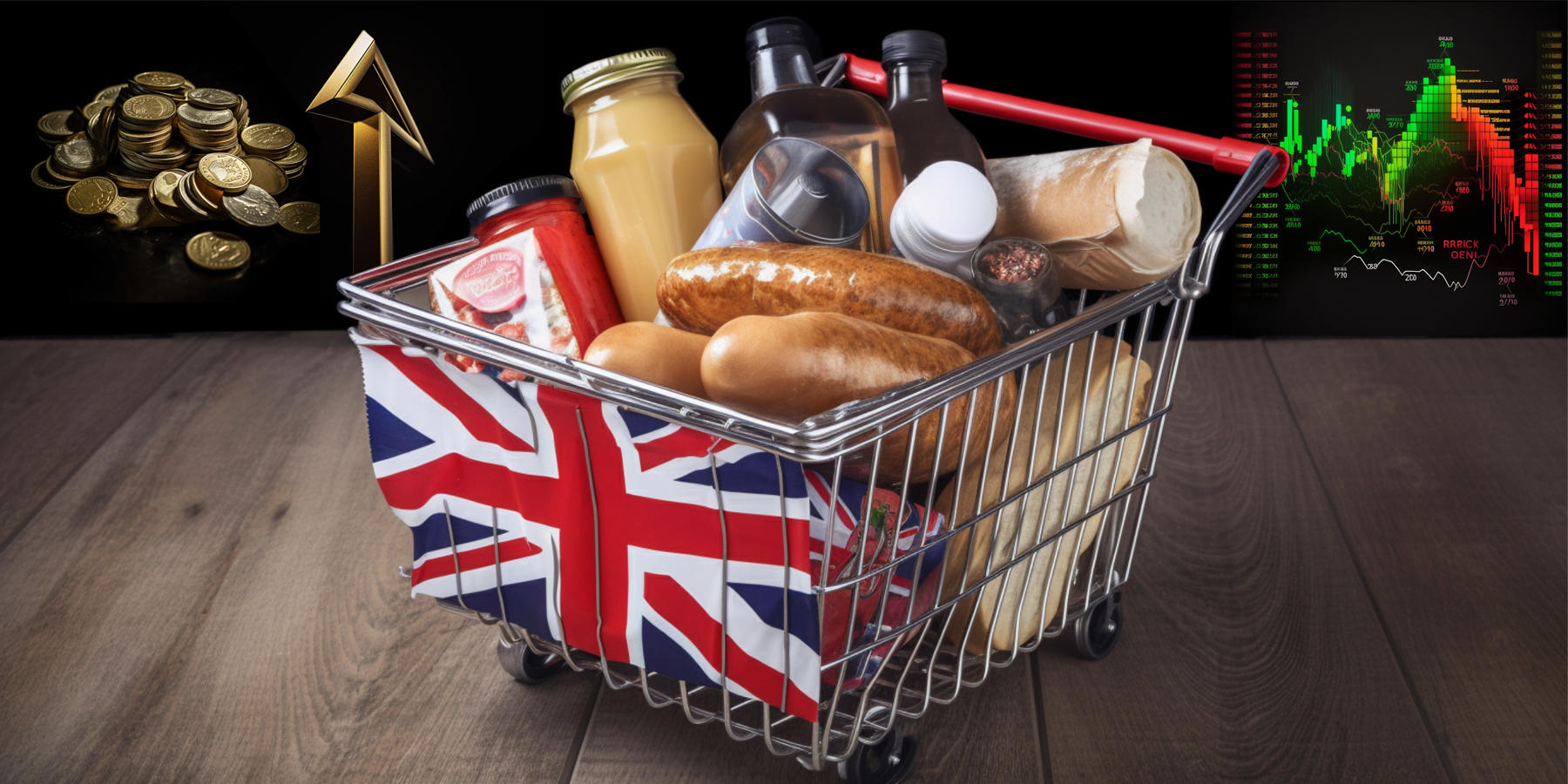
Prepping for Economic Collapse: Strategies for Surviving Financial Instability
Prepping for Economic Collapse: Strategies for Surviving Financial Instability
In an ever-fluctuating global economy, the prospect of an economic collapse, while unsettling, is a reality that individuals and families must be prepared to face. Economic instability can stem from various sources: global financial crises, severe market downturns, rampant inflation, or national debt crises. In 2008, the world witnessed one of the most significant economic downturns since the Great Depression, with the global financial crisis causing a loss of more than $2 trillion in global economic growth. As of early 2024, there is a general growing sense of unease in society that we are at the edge of a financial catastrophe. Whether this feeling is justified or not, this article aims to offer strategic guidance on preparing for and surviving potential economic collapses.
- Understanding Economic Collapse
An economic collapse is typically characterized by a prolonged period of economic decline, marked by factors such as extremely high unemployment rates, a sharp sustained drop in stock prices, and a decline in the housing market. Economic collapse is not just a financial state; it's a disruption of the fabric of society.
- Building a Financial Safety Net
The cornerstone of preparing for economic instability is building a financial safety net. This involves creating an emergency fund that can cover at least 6-12 months of living expenses. A survey by the Financial Conduct Authority found that 15% of adults in the UK have no savings, highlighting the vulnerability of many to economic shocks.
In the event that the economic collapse undermines the value of the pound, or causes bank failures or hyper inflation, it is wise to have a certain amount of capital invested in safe-haven assets such as gold and other precious metals.
- Diversifying Income Streams
Relying on a single source of income can be risky in times of economic turmoil. Diversifying income streams can provide a buffer. This could mean investing in side businesses, freelancing, or acquiring new skill sets for different job markets. According to the Office for National Statistics, 1 in 10 adults in the UK are now engaged in some form of gig economy work, underlining the growing diversification of income sources.
- Investing Wisely
During economic instability, the value of different asset classes can fluctuate significantly. Diversifying investments across various assets, such as stocks, bonds, real estate, and precious metals, can mitigate risk.
- Reducing Debt
High levels of personal debt can exacerbate financial vulnerability during economic downturns. Focusing on reducing debt, particularly high-interest debt, is a prudent strategy. The average total debt per household, including mortgages, in the UK was £65,756 in October 2023. Within this figure the average Credit Card debt was £2,417 (The Money Charity).
- Learning Essential Skills
Economic collapses can disrupt many services that people take for granted. Learning essential skills, such as basic home repairs, gardening, and cooking, can reduce reliance on external services and save money. When you're self-reliant, you're better prepared for any economic storm or many other forms of disaster or crisis.
- Stockpiling Essentials
In times of economic crisis, supply chains can be disrupted, leading to shortages of essential goods. Stockpiling non-perishable food, water, and essential supplies is a key preparation strategy. During the 2020 COVID-19 pandemic, supermarkets in the UK saw a 20% increase in sales volume, illustrating the public’s response to crisis-induced uncertainty.
- Community Networks and Support Systems
Building strong community ties can provide crucial support during hard economic times. Community networks can offer shared resources, emotional support, and valuable information.
- Staying Informed
Keeping abreast of economic trends and forecasts can help in anticipating and preparing for potential crises. Reliable sources of economic news and insights are invaluable. The Bank of England’s monetary reports and economic analysis provide critical insights into the UK's economic health, however they tend to presume a high degree of overall stability - partially to avoid causing undue concern or societal unrest.
- Mental Health and Resilience
The stress of economic instability can take a toll on mental health. It’s important to develop coping mechanisms, such as stress management techniques and seeking support from mental health professionals if needed. This was highlighted in a study by Mind, the mental health charity, which found that 40% of people in the UK reported that financial concerns had affected their mental health.
- Long-term Sustainability
Consider adopting a more sustainable and self-reliant lifestyle, which can be more resilient to economic fluctuations. This might include using renewable energy sources, growing your own food, or minimizing waste.
- Planning for Recovery
Finally, it's important to plan for recovery post-collapse. This involves staying adaptable, re-evaluating investment strategies, and being prepared to seize opportunities that arise as the economy starts to rebound. The post-collapse period can present unique opportunities for those who are prepared, as they are better insulated from the worst elements; practically, psychologically and financially.
Suggested Articles
The Role of Emergency Food in Pandemic Preparedness: Lessons from COVID-19
The COVID-19 pandemic has laid bare the vulnerabilities of our global food supply chains and has demonstrated the nee...
The Economic Implications of Emergency Food: Preparing for Inflation and Economic Instability
A Comprehensive Guide to Stocking Up on Long-Life Food as a Financial Safety Net In recent years, the UK has faced in...
How high are Food Prices going to go?
The cost of food is increasing and contributing to the high levels of inflation that has been branded as "the cost of...




